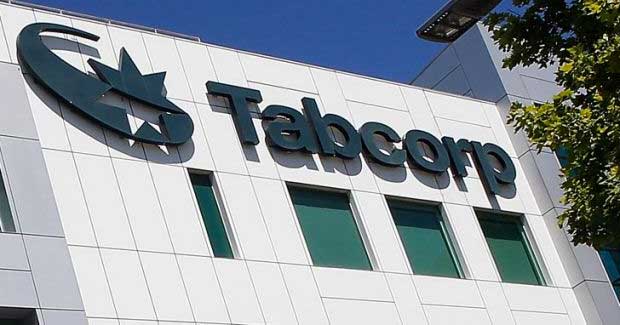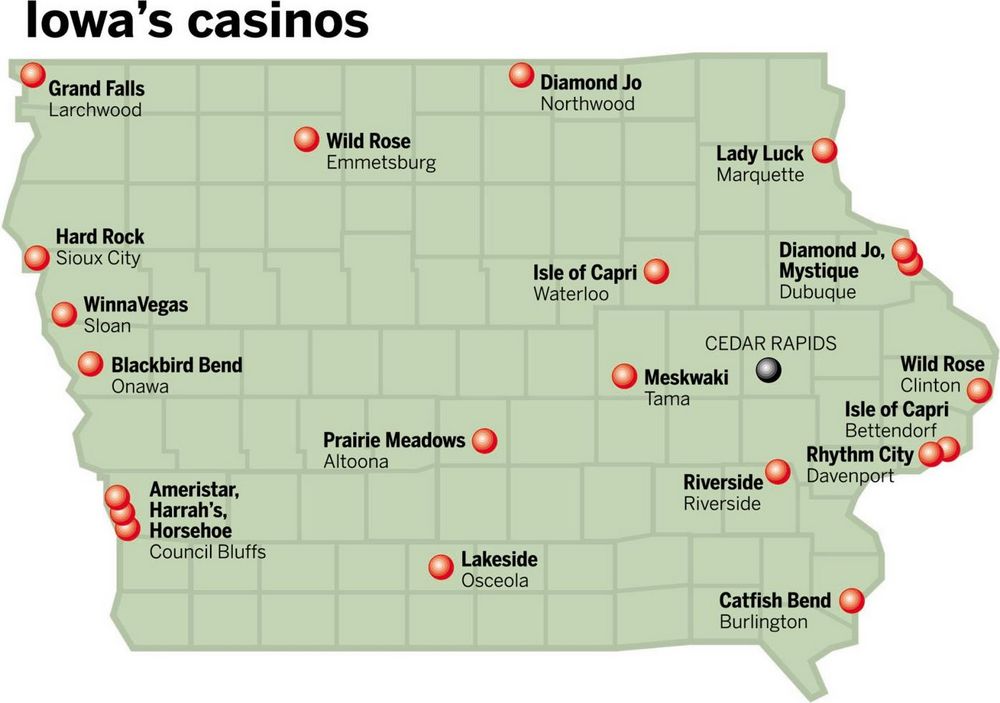North Carolina has firmly entered the national spotlight after reporting US $800 million in wagers during October 2025, its strongest month since the market launched. The figure marks a 14% jump over the previous record and signals that the Tar Heel State is quickly becoming one of the top five sports-betting markets in the United States.
Unlike states with restrictive frameworks, North Carolina operates a hybrid open-market model with eight licensed operators — including DraftKings, FanDuel, BetMGM, Caesars, Fanatics and ESPN Bet — competing under a unified digital ecosystem. This structure has accelerated adoption and enabled a diverse wagering offering ranging from in-play markets to microbetting, player props, and regulated eSports betting. Mobile dominates the landscape, representing 95% of all wagers, one of the highest digital adoption ratios in the country.

The October boom was driven by the NFL–NBA seasonal overlap, which generated 44% of total handle, alongside sharp growth in microbetting, up 38% year-on-year, thanks to providers like Simplebet and Sportradar Fusion. NCAA loyalty also plays a major role: matchups involving Duke and UNC consistently outperform national college-sports benchmarks.
Economically, the impact is undeniable. October’s revenue surge delivered nearly US $20 million in tax income at the 18% rate, bringing total state collections since March 2024 to US $162 million. Forecasts for 2026 estimate US $2.2 billion in annual handle and US $260–280 million in gross operator revenue — a profile comparable to states such as Michigan and Virginia, and edging close to Colorado and Arizona.
Still, the success comes with growing oversight. Lawmakers are evaluating restrictions on advertising and are considering limits on player-prop parlays, amid rising public-health scrutiny. A state commission on addiction and responsible gambling is expected to release its findings in January 2026, which could shape the next phase of regulation. North Carolina’s explosive early performance shows that with the right mix of competition, technology and demand, even emerging markets can ascend rapidly — and its trajectory now places it among the most influential sports-betting states in the country.






























